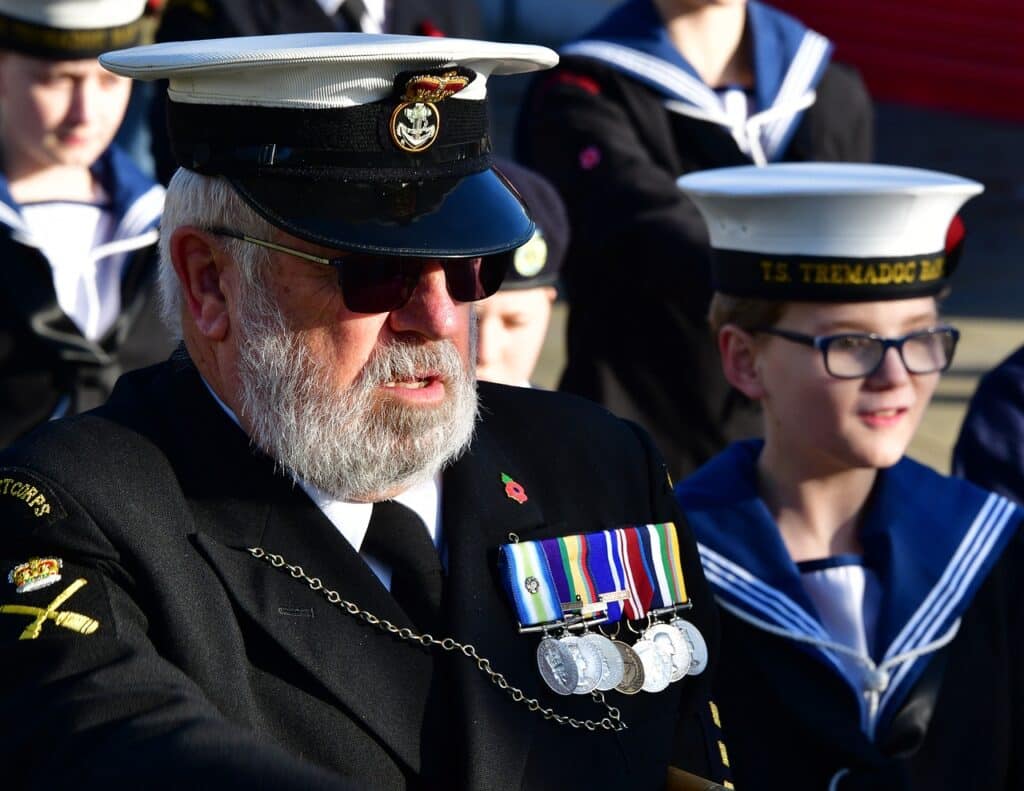No products in the cart.
History
Exploring Veterans’ Challenges: Overcoming PTSD, Unemployment, and Homelessness
 Exploring Veterans’ Challenges: Overcoming PTSD, Unemployment, and Homelessness
Exploring Veterans’ Challenges: Overcoming PTSD, Unemployment, and Homelessness
When veterans return home after serving their country, the challenges they face can be overwhelming. While the physical battle may be over, the emotional and psychological battles often linger. But for many, the journey is anything but easy.
The Hidden Struggle with PTSD
One of the most significant and least visible challenges veterans face is PTSD. The trauma of combat can leave deep psychological scars, making it incredibly hard for veterans to readjust to life back home. PTSD is often called an “invisible wound” because, unlike physical injuries, it isn’t immediately apparent—but its impact can be devastating.
Veterans with PTSD often relive the horrors of war through flashbacks, nightmares, or intrusive thoughts. Simple daily activities can trigger overwhelming anxiety, causing them to feel constantly on edge or emotionally numb. Relationships with family and friends may suffer as veterans struggle to explain their emotional distance or sudden outbursts.
PTSD doesn’t just affect the veteran; it ripples through the entire family. Spouses and children often feel confused or hurt by the sudden changes in behavior, and the tension can strain even the strongest relationships.
Reentering the Workforce: The Employment Battle
Finding a job after military service is another major hurdle for many veterans. The transition from a structured, highly disciplined environment like the military to the more fluid, unpredictable world
Many veterans feel out of place in civilian workplaces, where the pace and expectations may be very different from what they’re used to. Some also face the stigma of being labeled as “damaged” or too rigid, especially if they have visible or invisible injuries from their service. This perception can make it harder for them to find jobs that match their qualifications.
Helping Veterans Find Jobs
Fortunately, there are programs designed to bridge this gap. Hire Heroes USA, for example, helps veterans build resumes, practice for interviews, and connect with companies that value military experience. The Veterans Employment and Training Service (VETS) offers job search assistance and training, while veteran-friendly companies like Amazon and Google actively recruit veterans for roles that suit their skill sets.
For those veterans looking to start their own businesses, there are programs like Boots to Business, which provides training and mentorship in entrepreneurship. By helping veterans leverage their skills and experiences, these programs open doors to meaningful employment opportunities.
Veteran Homelessness: A National Crisis
Perhaps the most heartbreaking challenge veterans face is homelessness. After serving their country, too many veterans return home to find themselves without a place to live. Mental health struggles, unemployment, and lack of a support network can all contribute to this crisis.
Veterans with untreated PTSD or other mental health issues are particularly vulnerable to homelessness. Without the necessary mental health support, many struggle to hold down jobs or maintain stable housing. Substance abuse, often used as a way to self-medicate, can further complicate their situation, making it even harder to break the cycle of homelessness.
Addressing Veteran Homelessness
Thankfully, several initiatives are working to reduce homelessness among veterans. The VA’s Supportive Services for Veteran Families (SSVF) program provides temporary financial assistance to help veterans and their families stay in their homes. It also connects veterans with long-term housing solutions and other critical support services. Non-profit organizations like The National Coalition for Homeless Veterans (NCHV) work alongside government programs to offer housing, healthcare, and job training for veterans in need.
These programs are essential because they don’t just provide immediate relief; they also address the root causes of homelessness by helping veterans access mental health care and employment opportunities.
A Path Forward: Resources for Veterans
While the challenges veterans face are significant, they are not insurmountable. A wide range of resources is available to help veterans transition back to civilian life. The VA remains the cornerstone of support, offering healthcare, financial aid, and educational benefits. The GI Bill, for example, provides veterans with financial assistance to pursue higher education or vocational training, which can open up new career opportunities.
In addition to VA resources, numerous non-profit organizations focus specifically on veterans’ needs. Groups like Wounded Warrior Project, The Mission Continues, and Disabled American Veterans (DAV) provide mental health services, job training, and financial assistance, ensuring that veterans have the tools they need to succeed.



